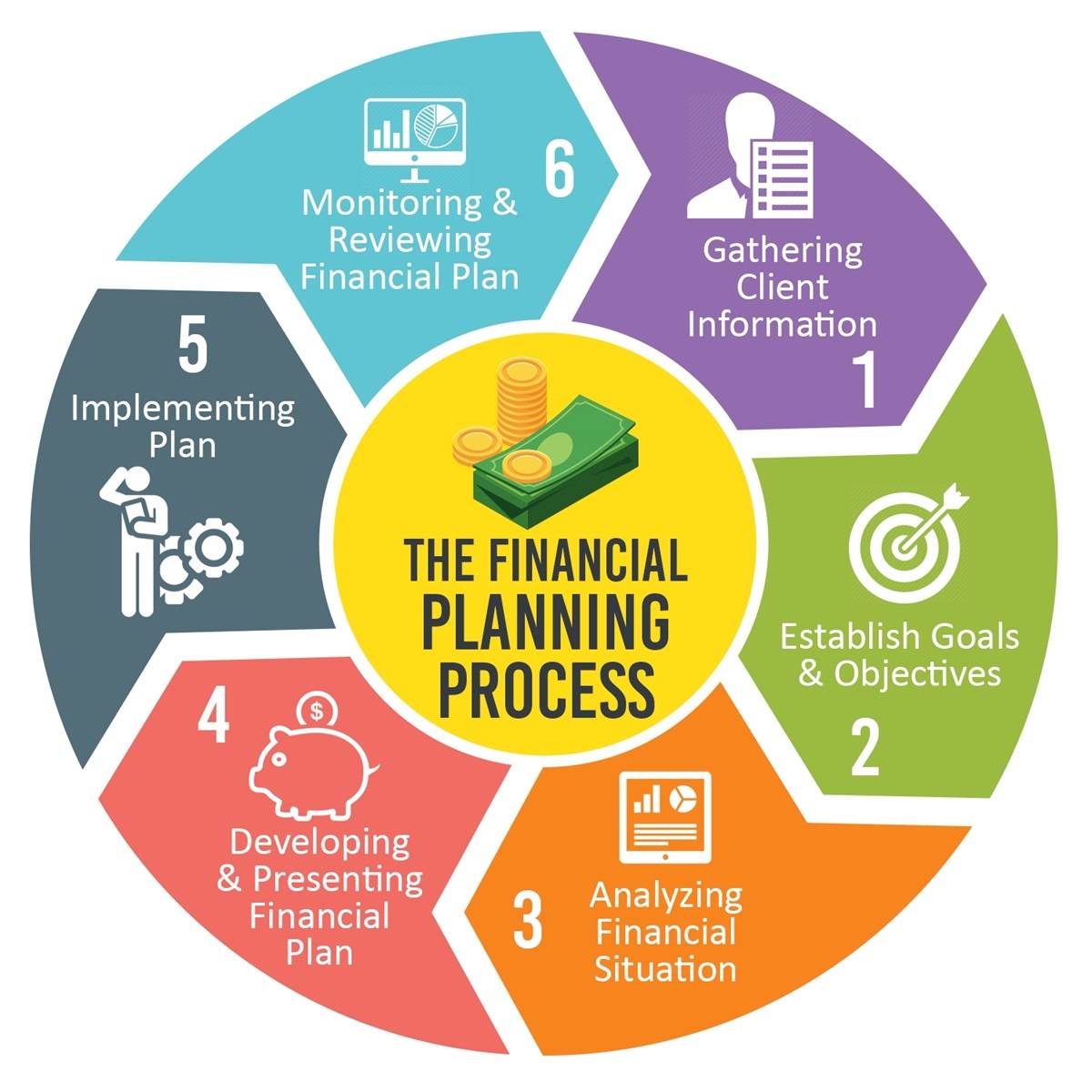If you’re looking for a rewarding career complete with growth potential, and the satisfaction of helping others, financial planning could be your perfect fit. From striking out on your own to working at firms big or small helping families and individuals meet their financial goals and plan for the future, there are a variety of career options within the profession.Today more than ever, diverse candidates can find myriad opportunities to enter and flourish within the financial services profession.
An increasing number of firms that hire financial planners have implemented robust initiatives to foster greater diversity among their workforce and alleviate barriers to entry. These hiring initiatives don’t show signs of slowing, as demand for competent, ethical financial advice continues to grow. In fact, the Bureau of Labor Statistics projects the need for an additional 11,600 advisors by 2029.
By joining the field, diverse graduates can help ensure the workforce is more representative of the population it serves while also better reaching and assisting diverse communities. Monique Jones, a student at North Carolina State University, explains that these factors were key in her decision to work toward entering the financial planning profession.
"I aspire to aid in improving the accessibility of the portfolio of services offered by the industry to underserved and under-sought communities," she says.Those interested in pursuing the profession can further distinguish themselves with potential employers by becoming a CERTIFIED FINANCIAL PLANNERTM professional, also known as a CFP professional.
CFP professionals must meet rigorous education, experience, and ethical qualifications, and employers are increasingly seeking out the certification as the most desired credential in the financial planning field.What’s more, 83% of today’s CFP professionals say they have a competitive edge over other financial advisors, while 86% report that certification has had a positive impact on their career satisfaction.
William Ohakam, who received a 2019 Envestnet scholarship to help defray the cost of becoming a CFP certificant, explains that "obtaining the CFP certification will enable me to provide additional value and create a more in-depth wealth management experience for my clients."According to Yorri Berry, a 2020 Facet Wealth Scholar, becoming a CFP professional means more than just a boost in the hiring process.
"This investment will allow me to spend my career working to build equity so all clients and financially vulnerable communities have access to wealth," Berry says.Joining the financial planning profession can open the door to a fulfilling, lifelong career, and at the same time help increase diversity in the workforce so that it better serves the U.S. population.




No comments yet
Be the first to share your thoughts!